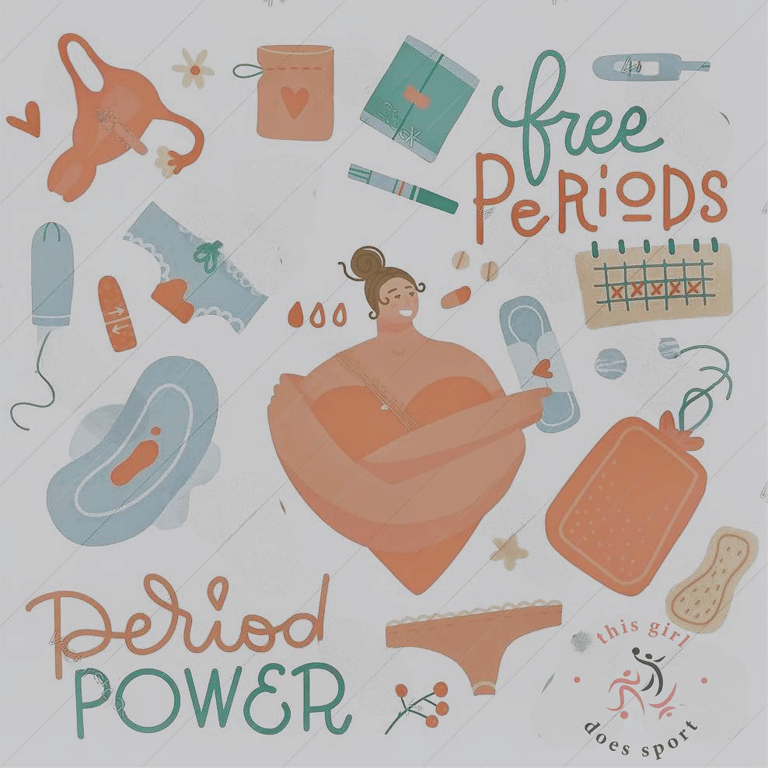At Support Squad, we’re here to help you feel strong, confident, and supported as you navigate your journey in sports and beyond. We know that your emotional health is just as important as your physical strength, and we’re dedicated to helping you build resilience, boost your self-esteem, and develop a positive mindset.
Through our programs and events, we want to provide you with tools and coping strategies to guide and help you handle challenges, manage stress, and stay motivated. Whether it’s learning how to bounce back from setbacks, staying focused under pressure, or finding ways to stay positive, we’re here to support you every step of the way.
We also want you to feel connected and supported by a community that understands you. At Support Squad, you’ll meet other girls who share your experiences, and together, you’ll build friendships and a strong sense of belonging.
Remember, you’re never alone in this journey.
We’re here to help you grow emotionally, thrive in sports, and lead with confidence in everything you do - boosting self-esteem, and fostering a strong sense of belonging.
1. What are the positive mental health benefits of sport for you
Sport = instant mood boost! 🏃♀️✨
When you move your body, your brain releases feel-good hormones like endorphins and serotonin — these are basically your body’s natural “happy vibes” chemicals.
Sport can also (1) give you purpose, (2) help you make new friends, and (3) boost confidence when you see yourself improving. Plus, being part of a team reminds you that you’re never in it alone. 💪
3. How can you deal with performance anxiety
First things first — you’re not alone! Everyone, even top athletes, get butterflies and feel nervous or anxious around performing; I like to think of it as a good sign that you care.
However, the next time you're feeling a bit anxious or nervous, try these:
Breathing techniques: Slow in through your nose, out through your mouth — it literally calms your nervous system. The best method for this is called box breathing: breathe in for 4 slow counts, hold for 4, breathe out for 4, hold for 4.... repeat until you feel more calm and in control of yourself again. You've got this, girl.
Visualise: Picture yourself nailing that goal, serve, or pass. Your brain can’t tell the difference between imagining success and actually doing it so this is a great one to set your mindset up and turn nerves into excitement and motivation for the future game/match ahead.
Positive self-talk: Swap “I can’t” for “I’ve got this.” Cheesy? Maybe. Effective? 100%. The more we tell ourselves we can do something, the more our brains will begin to believe it so be your own #1 cheerleader. Speak to yourself the way you would speak to your best friend - no negative talk allowed, hype-queen territory only!
Remember the “why”: You play your sport because you find it fun and you enjoy it; you don't play it to be perfect so remember to smile and appreciate the fact you get to play!
4. Navigating puberty while staying active in sports:
a) Managing emotions
Hormones can make you feel like you’re on a rollercoaster 🎢 — happy one minute, crying at a dog advert the next (literally me!). Totally normal!
Try to keep a “mood tracker” or symptom log just to notice patterns across the month. You should always feel like you have someone to talk to (your coach, teammates, parents or guardians) if you’re having an off day, and remember: feelings aren’t facts. Moving your body, getting outside, or journaling can all help when emotions feel a bit stormy. 🌦️ Just know that no emotion lasts forever - it will pass eventually.
b) Dealing with periods in sports
Periods shouldn’t sideline you! 🩸💪
Your energy, focus, and strength can change through your cycle — that’s normal. There isn't one 'magic product' we all should be using. You should try and find the products that make YOU feel comfy, supported, and ready to play (this could be period pants, pads, or tampons — whatever works for YOU), and don’t be afraid to tell your coach if you need a slower session. Some days you’ll be absolutely raring to go, and others you might feel a little more tired and sluggish — both versions are still YOU and deserve respect.











